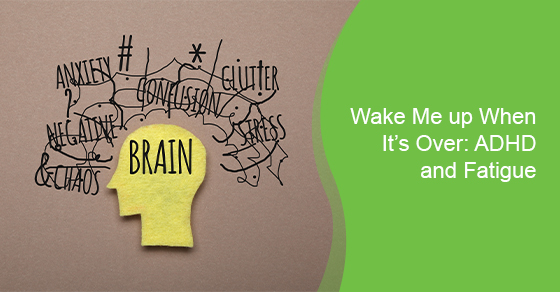Effective writing is a skill that relies heavily on long-term memory. When we’re writing, we’re thinking about what we want to express, but we’re also focused on forming sentences, sorting information, spelling correctly, and retrieving vocabulary; if those actions aren’t automatic, we have to concentrate on them, and that makes it very difficult to focus on anything else.
Cognitive Load Theory: Making Room
The understanding that students need to commit essential writing skills to their stored memory so they can use their short-term memory to strategize, form ideas, and absorb new information is part of a learning theory focused on “cognitive load.”Cognitive load theory, which emerged in the 1980s, is an evidence-based approach to teaching that supports the idea that committing fundamental information into long-term (stored) memory reduces the demands on a student’s short-term (working) memory and gives them room to learn new concepts. The human brain can only hold around three or four discrete pieces of information in working memory and can focus on even fewer of those at one time. If a student is using that restricted capacity in order to manage the basics—how to write a sentence correctly, organize a paragraph, or recognize the meaning of a word—there is little room left for critical thinking, self-expression, and exploring ideas. The capacity for long-term memory is infinite, and by storing information for automatic retrieval, the opportunities for learning are increased.
For many students with learning disabilities, ADHD, and executive function challenges, writing is effortful and taxing. This reduces their motivation, lowers self-esteem, and increases irritability and frustration. As a result, their efforts rarely match their academic outcomes. They often feel embarrassed when they are not achieving at the same rate as their peers and they are exhausted from devoting more cognitive resources to complete written tasks. The cognitive overload that they feel often results in procrastination and the avoidance of written work.
The Secret to Success
How do you shelve the building blocks for strong writing in your brain for easy access?According to cognitive load theory, it is important to provide students with explicit instruction for writing techniques, plenty of helpful feedback, and the opportunity to practice their skills. While students benefit from reading and reviewing the writing of others, they need to learn the strategies for effective writing and keep using them in order to commit them to memory and draw on them automatically.
Tap into Assistive Technology
In addition to supporting skill development, students who have deficits in information processing or graphomotor and/or fine-motor coordination challenges often find that the use of assistive technology reduces cognitive load, which makes schoolwork more manageable. Tools such as writing organizers, word prediction, spell-checking software, and speech-to-text programs can shore up students’ work by reducing the need to commit important features of the task to memory (Englert, Zhao, Dunsmore, Collings & Wolbers, 2007). Writing strategies paired with the use of assistive technology can help reduce the amount of cognitive processing required for learning, strengthen productivity, and enable students to better engage with content and produce higher quality work in less time (Ciampa, 2017; Englert et al., 2007).
At Evoke Learning, our tutors work with students in our Academic Writing Strategies program to help struggling writers improve their skills dramatically and increase their academic independence. Those strategies support every phase of the writing process, from brainstorming and goal setting to proofreading and revision—strategies that have been researched and proven to work with students at all levels, and especially those who are challenged by learning disabilities. Together, the student and tutor identify the greatest roadblocks to the student’s writing and choose the writing strategies that will best address their challenges.
For more information about our services, visit the tutoring section of our website or give us a call at 416-835-0646.
Sources
Writing and cognitive load theory
https://researched.org.uk/2019/06/24/writing-and-cognitive-load-theory/
Cognitive load theory: Research that teachers really need to understand
Scaffolding the Writing of Students with Disabilities Through Procedural Facilitation: Using an Internet-Based Technology to Improve Performance
Using Technology to Support the Writing of Adolescents with Disabilities
https://scholar.stjohns.edu/thereadingprofessor/vol43/iss1/8
Think Literacy: Cross-curricular Approaches, Grades 7-12.
http://edu.gov.on.ca/eng/studentsuccess/thinkliteracy/files/writing.pdf



